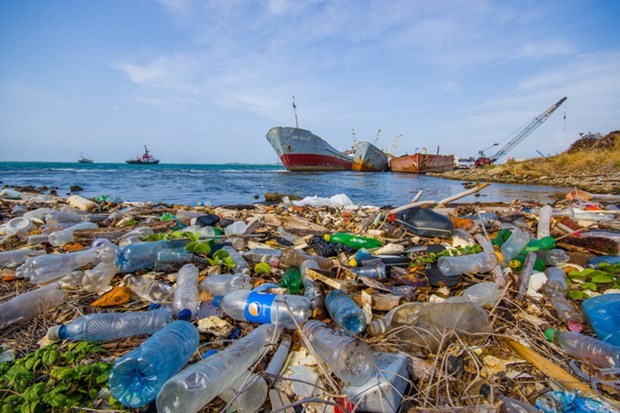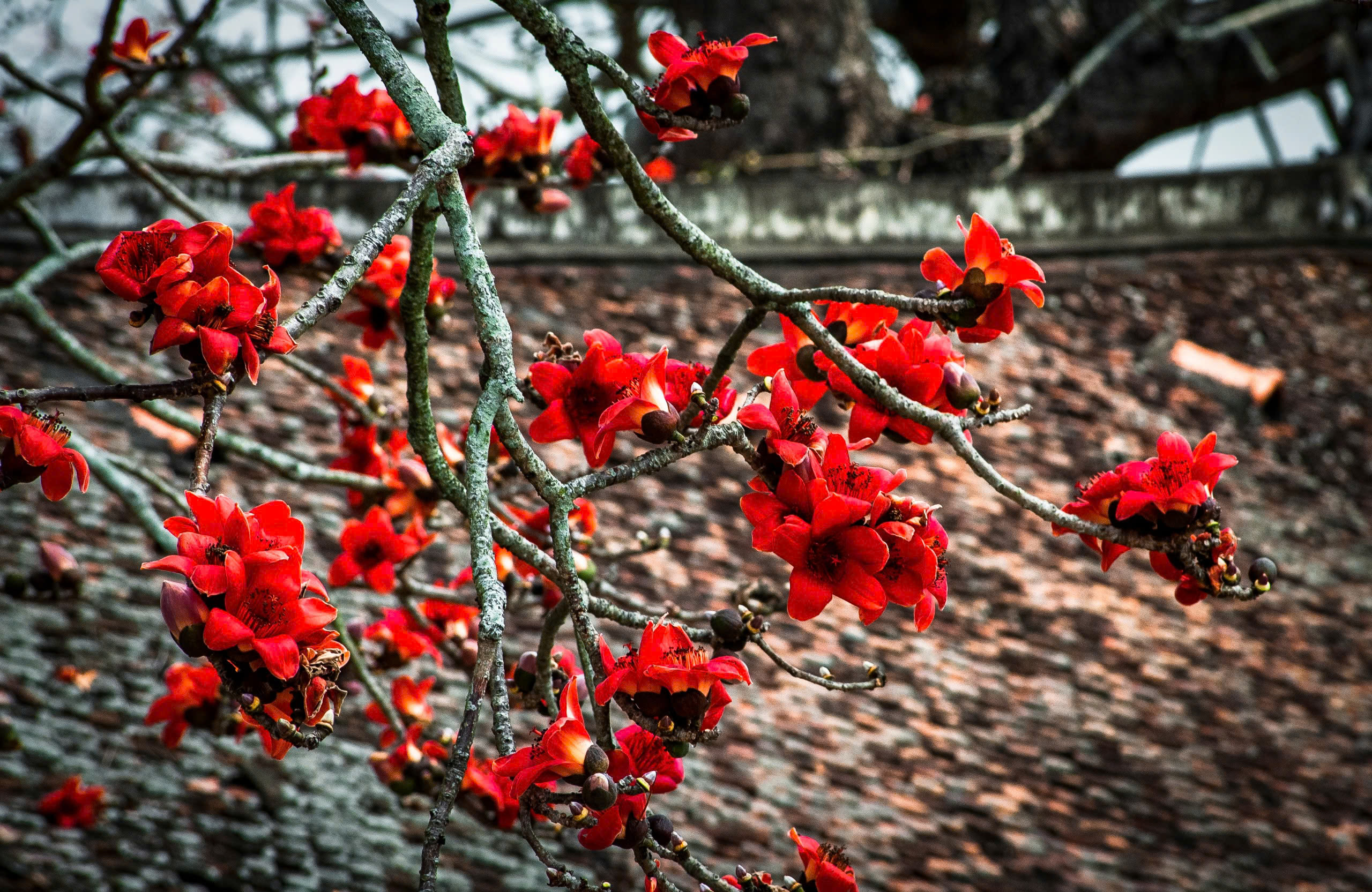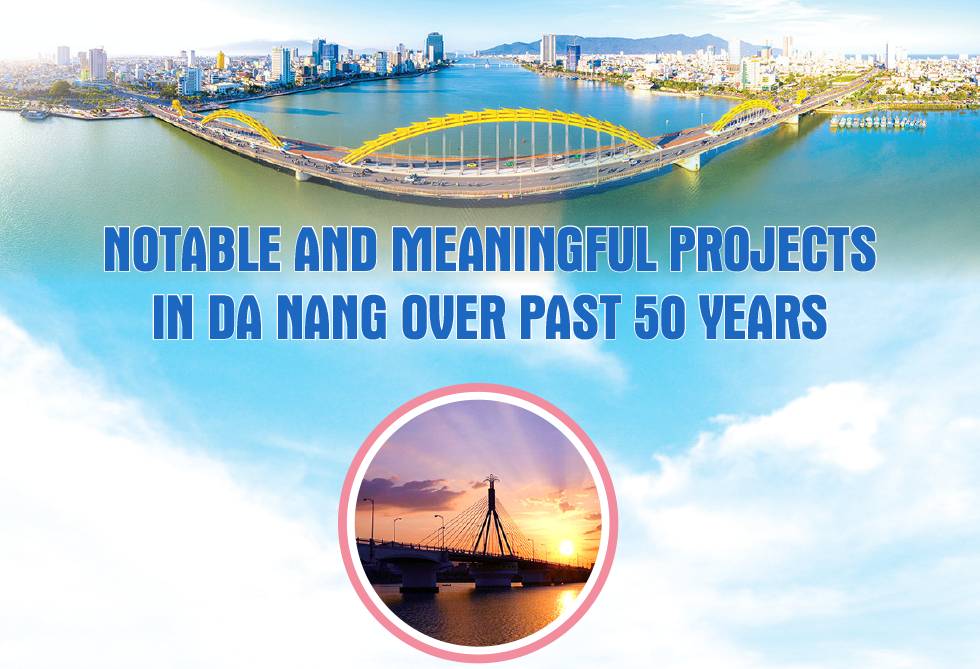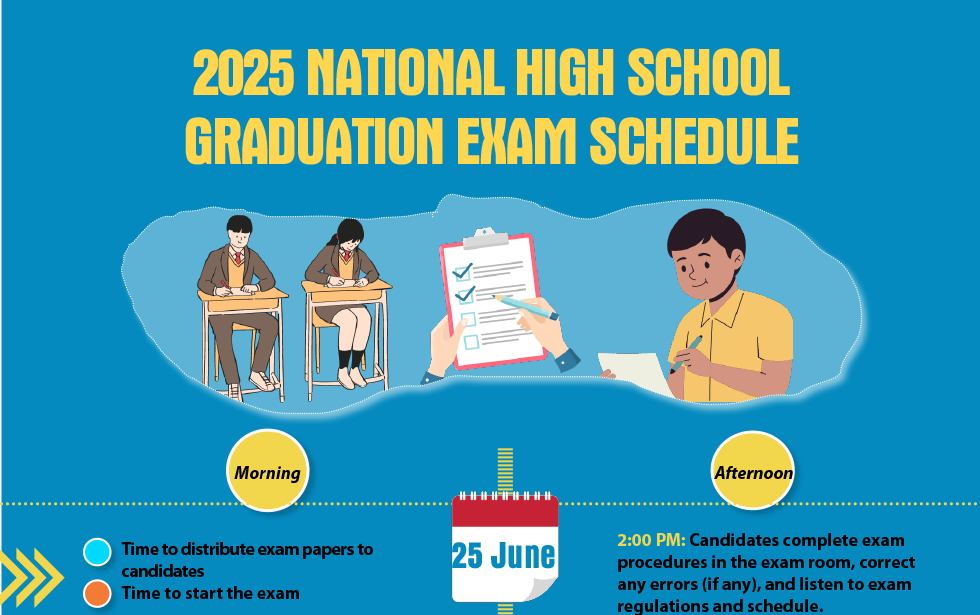Japan exports waste-to-energy technology to Southeast Asia
The Ministry of the Environment of Japan will partner with some localities and businesses in the country to assist Southeast Asian countries to build waste-to-energy facilities, as a way to export infrastructure in the environment field.
 |
| The Ministry of the Environment of Japan will partner with some localities and businesses in the country to assist Southeast Asian countries to build waste-to-energy facilities. (Source: VNA) |
The cooperation programme is expected to help around 10 cities stand out in treating wastes and turning wastes into power by the fiscal year of 2030 in a bid to tackle air and sea pollution as well as severe electricity shortage in Southeast Asia.
Davao, Quezon, and Cebu cities in the Philippines and Hanoi in Vietnam are being considered for the programme.
In Southeast Asia, wastes of different types, including plastic waste, are mainly dumped, making pollution, especially water and sea pollution, become worse.
Japan’s waste-to-energy facilities are able to prevent such pollution by using non-polluting waste firing technology.
The Ministry of the Environment said there are around 380 such facilities across the Japan, which account for 30 percent of the total waste treatment facilities.
The programme will see the partnership with Japanese city of Kita Kyushu, Yokohama, and Osaka, which will provide experience in waste management and treatment.
(Source: VNA)








